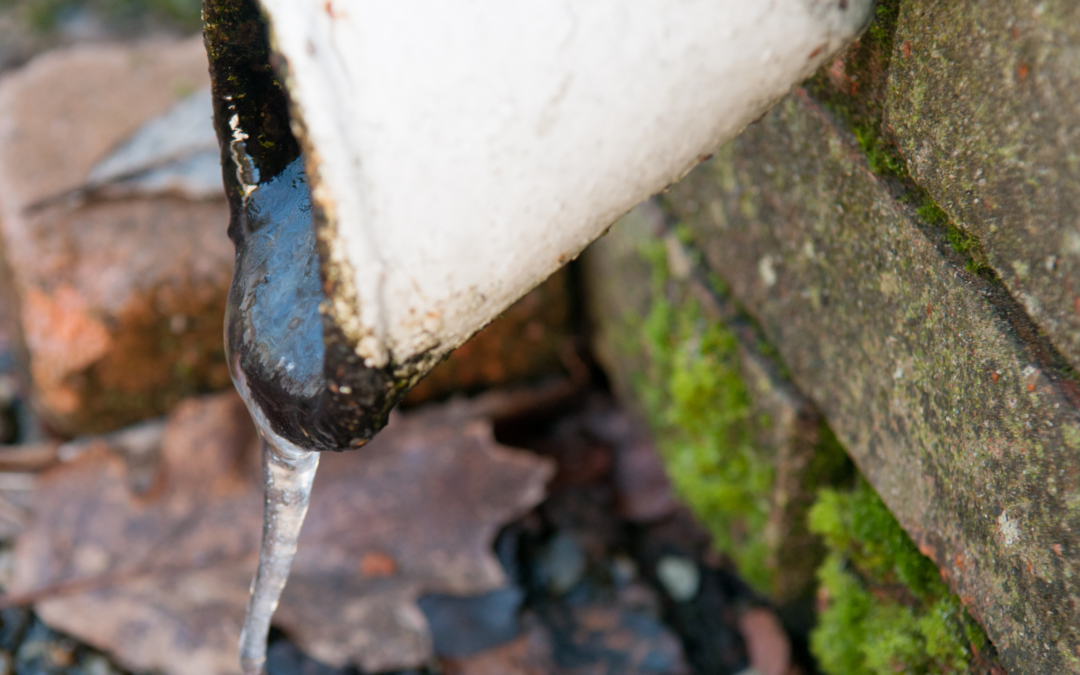As the chillier months of winter set in, we understand the anxiety that comes with potential plumbing problems during the colder months. Frozen pipes can wreak havoc on your home, causing costly damages and disruptions to your daily life.
Thankfully, with some proactive measures, you can safeguard your home from these winter plumbing concerns.
Here are five valuable tips to help avoid frozen pipes and other common plumbing issues during winter.
Insulate Vulnerable Pipes: Identify the pipes most susceptible to freezing, such as those in unheated areas like basements, attics, and crawl spaces. Insulate these pipes using foam pipe insulation sleeves or heat tape. Ensure adequate insulation is in place to shield them from the frigid temperatures. Doing so creates a barrier that helps maintain the pipes’ warmth, reducing the risk of freezing.
Keep a Consistent Temperature: Maintaining a steady temperature within your home, especially during extreme cold spells, is crucial in preventing frozen pipes. Set your thermostat to a consistent temperature day and night, avoiding drastic fluctuations. Even if you’re away, it’s advisable to keep the thermostat set no lower than 55°F (12°C) to ensure your pipes stay warm enough to prevent freezing.
Drip Faucets During Freezing Spells: During particularly cold nights, allow faucets connected to vulnerable pipes to drip slightly. This slow trickle of water helps alleviate pressure within the pipes, reducing the likelihood of them freezing. Moving water is less likely to freeze, making this a simple yet effective preventive measure to protect your plumbing.
Seal Leaks and Cracks: Inspect your home for any leaks or cracks, especially in areas where pipes are located. Seal any gaps or openings near pipes with caulking or insulation to prevent cold air from seeping in and causing the pipes to freeze. By securing these entry points, you safeguard against frozen pipes and improve your home’s energy efficiency.
Disconnect and Drain Outdoor Hoses: Before the harsh winter weather arrives, disconnect all outdoor hoses and drain any remaining water. Shut off outdoor water valves, and consider installing insulated covers over outdoor faucets to protect them from freezing temperatures. By taking these steps, you prevent water from freezing within the hoses and potentially causing damage to connected indoor pipes.
Vigilance is the Best Prevention
In addition to these tips, it’s essential to be vigilant and responsive. If you suspect a frozen pipe, immediately open the affected faucets to allow water to flow once the pipe thaws. Use a heat source like a hair dryer or heating pad (never use an open flame!) to slowly warm the area around the frozen pipe.
At Northside Plumbing, we believe in the power of proactive maintenance to avoid winter plumbing woes. However, if, despite your best efforts, you encounter plumbing issues this winter, feel free to reach out to our team of professionals. Our experienced plumbers are here to assist you, ensuring your home stays warm, cozy, and free from plumbing mishaps throughout the winter months and beyond.



Recent Comments